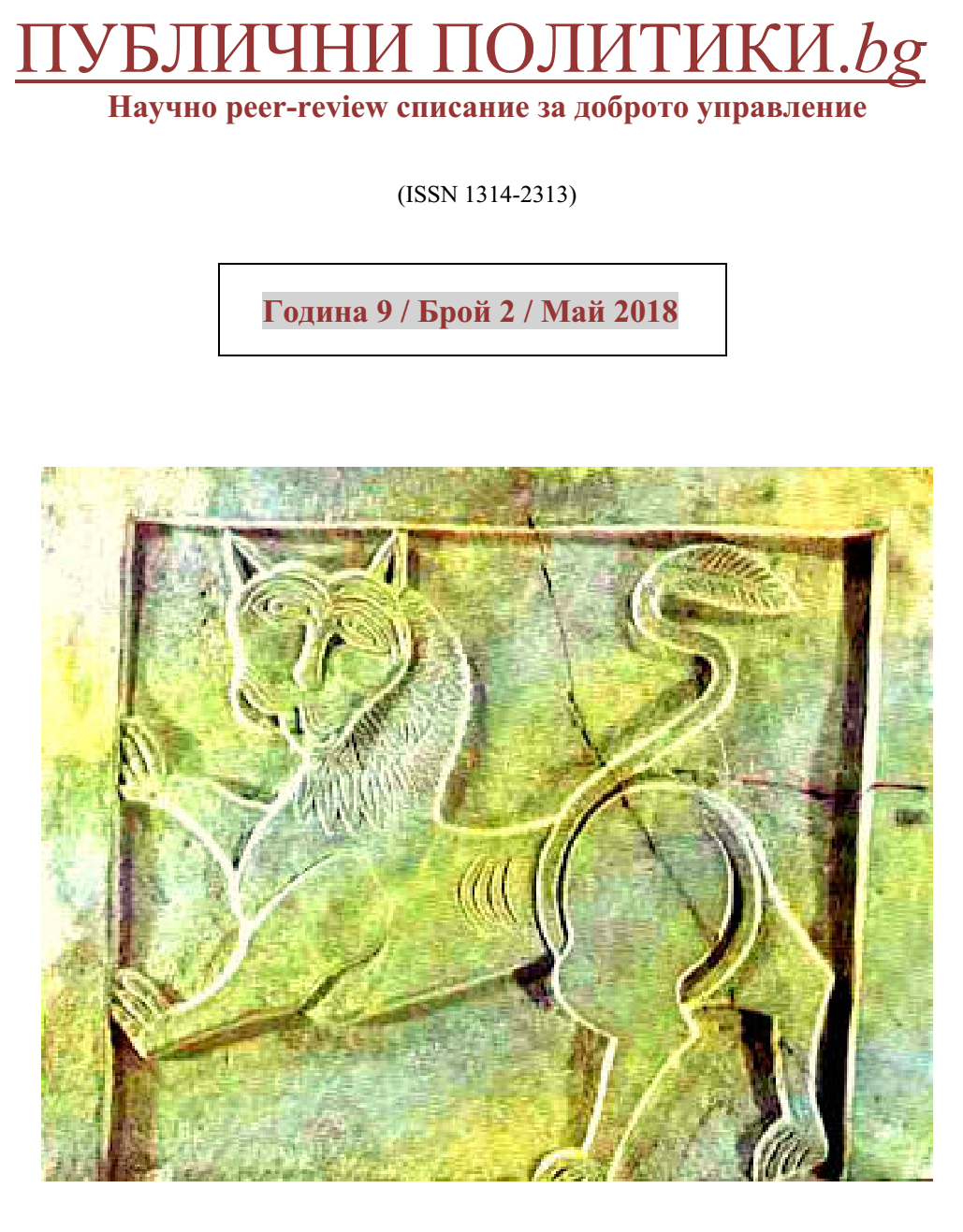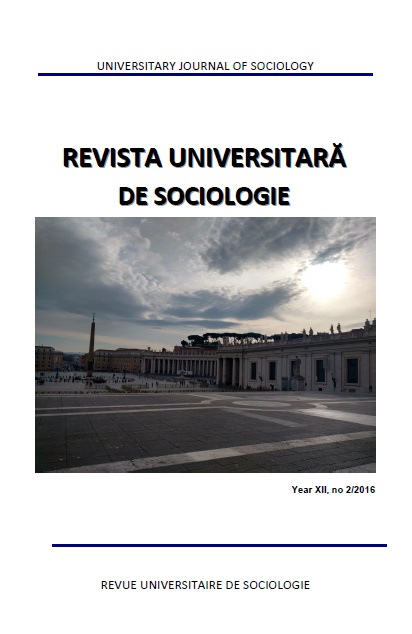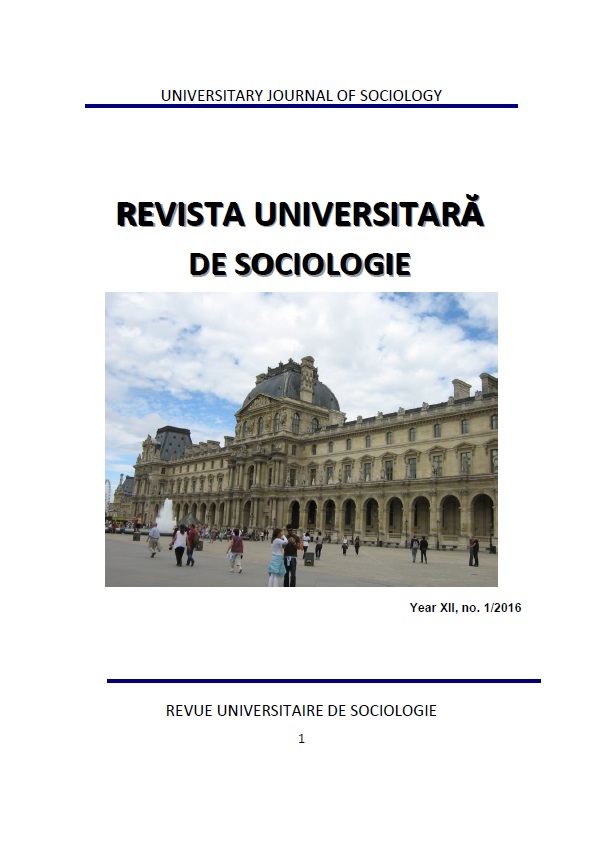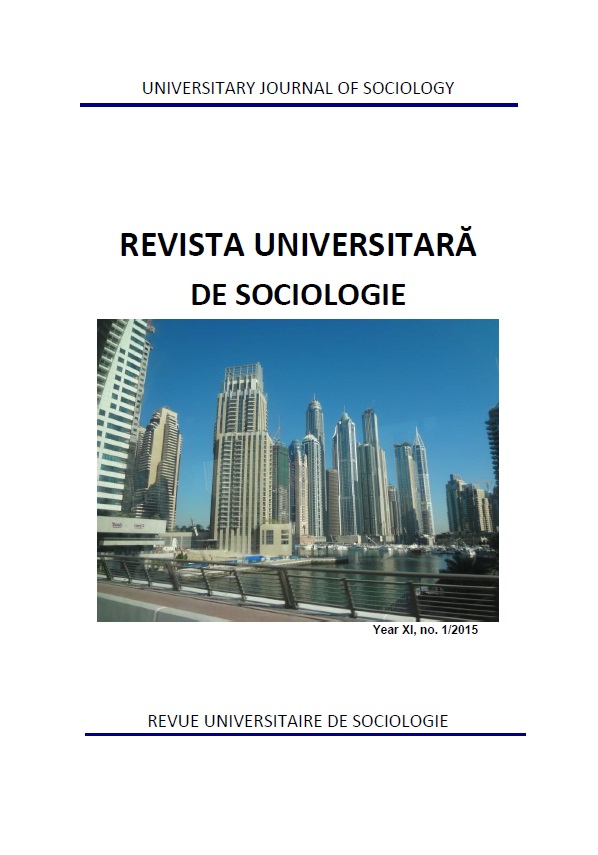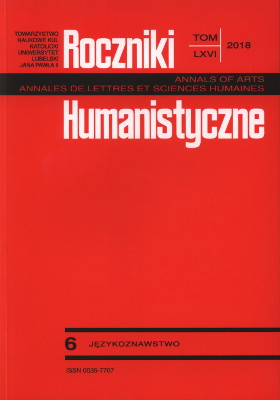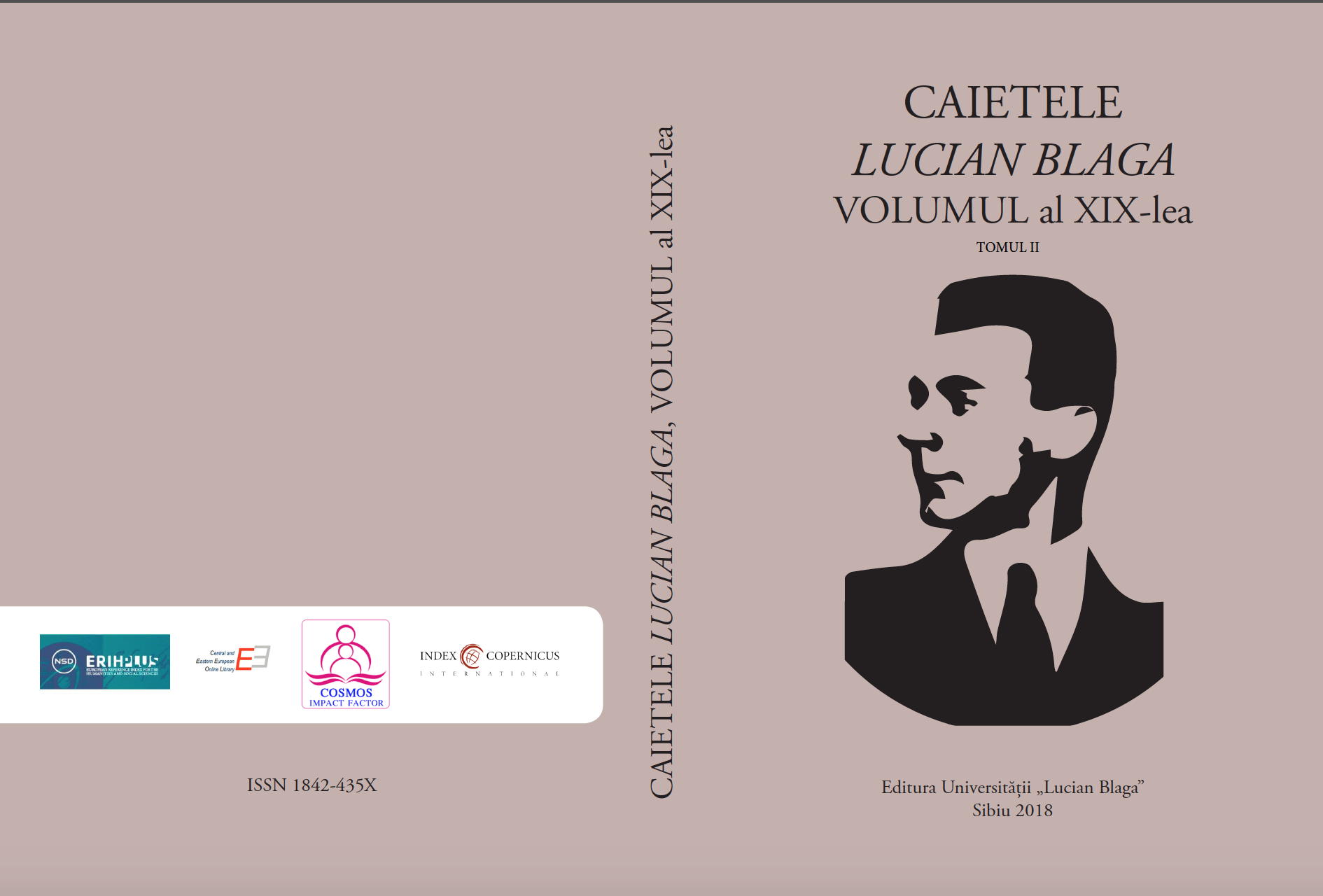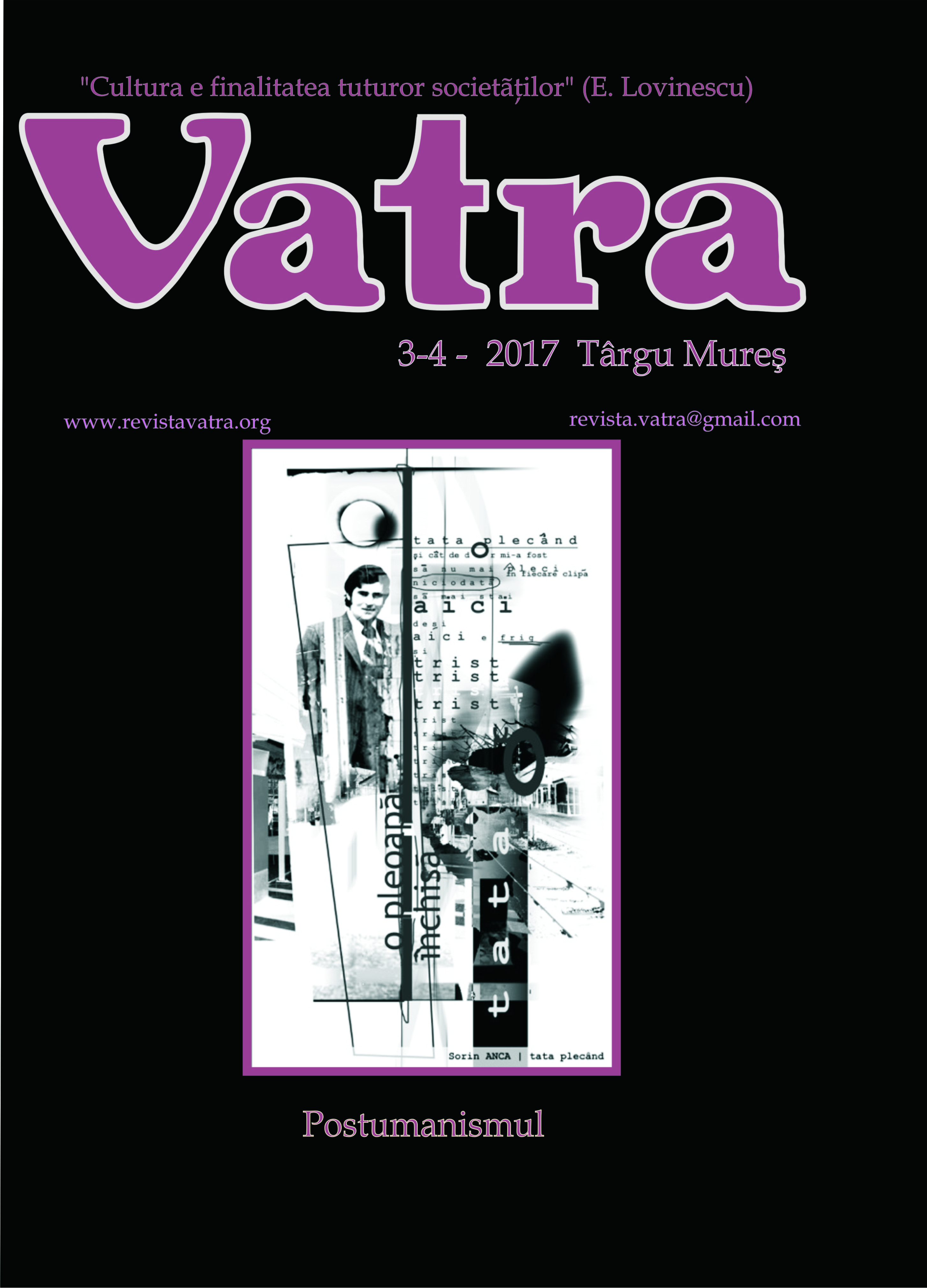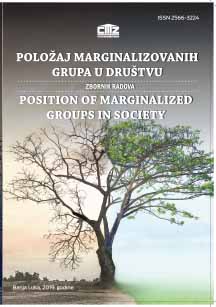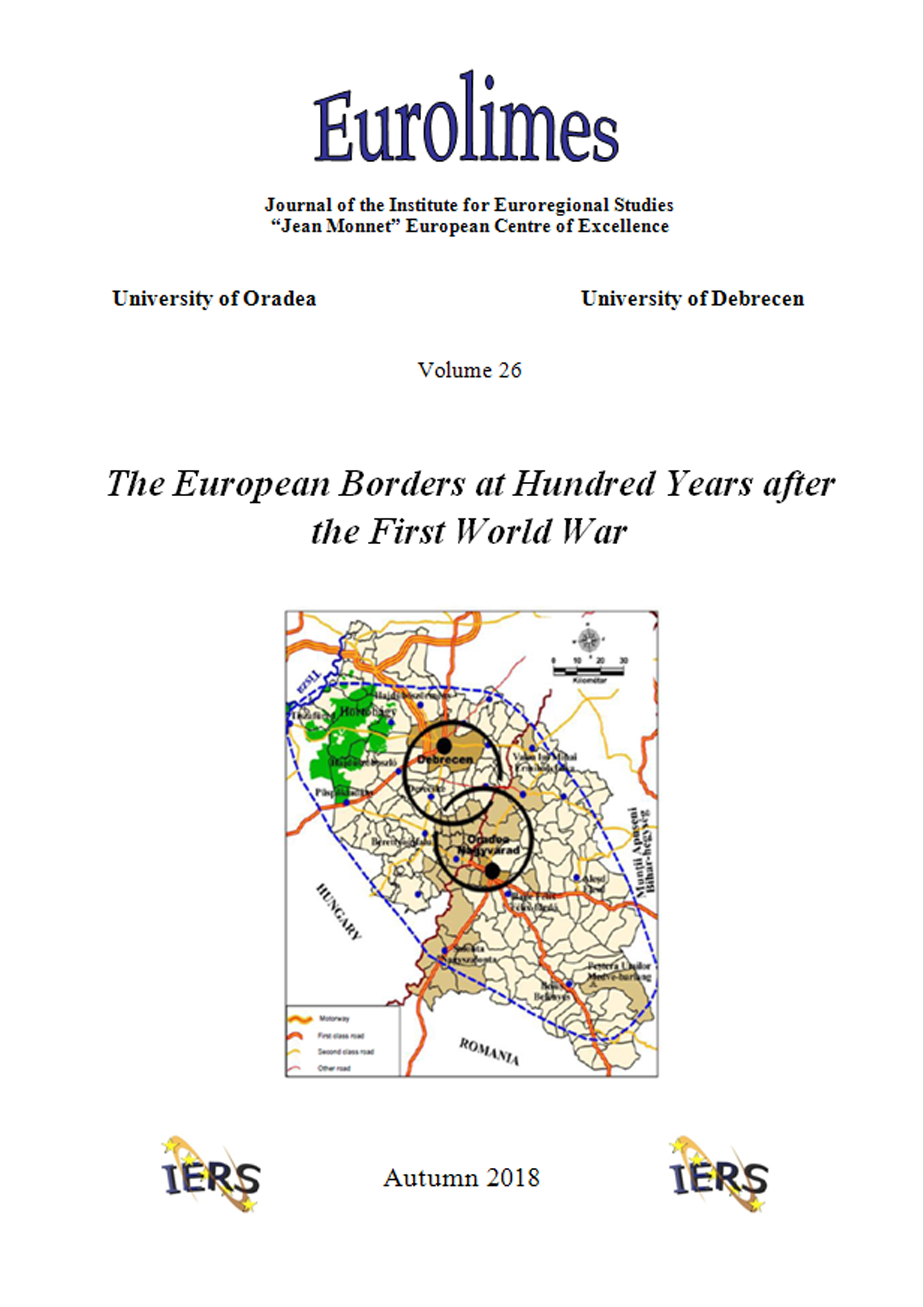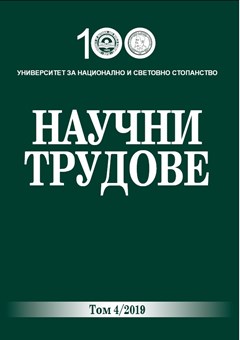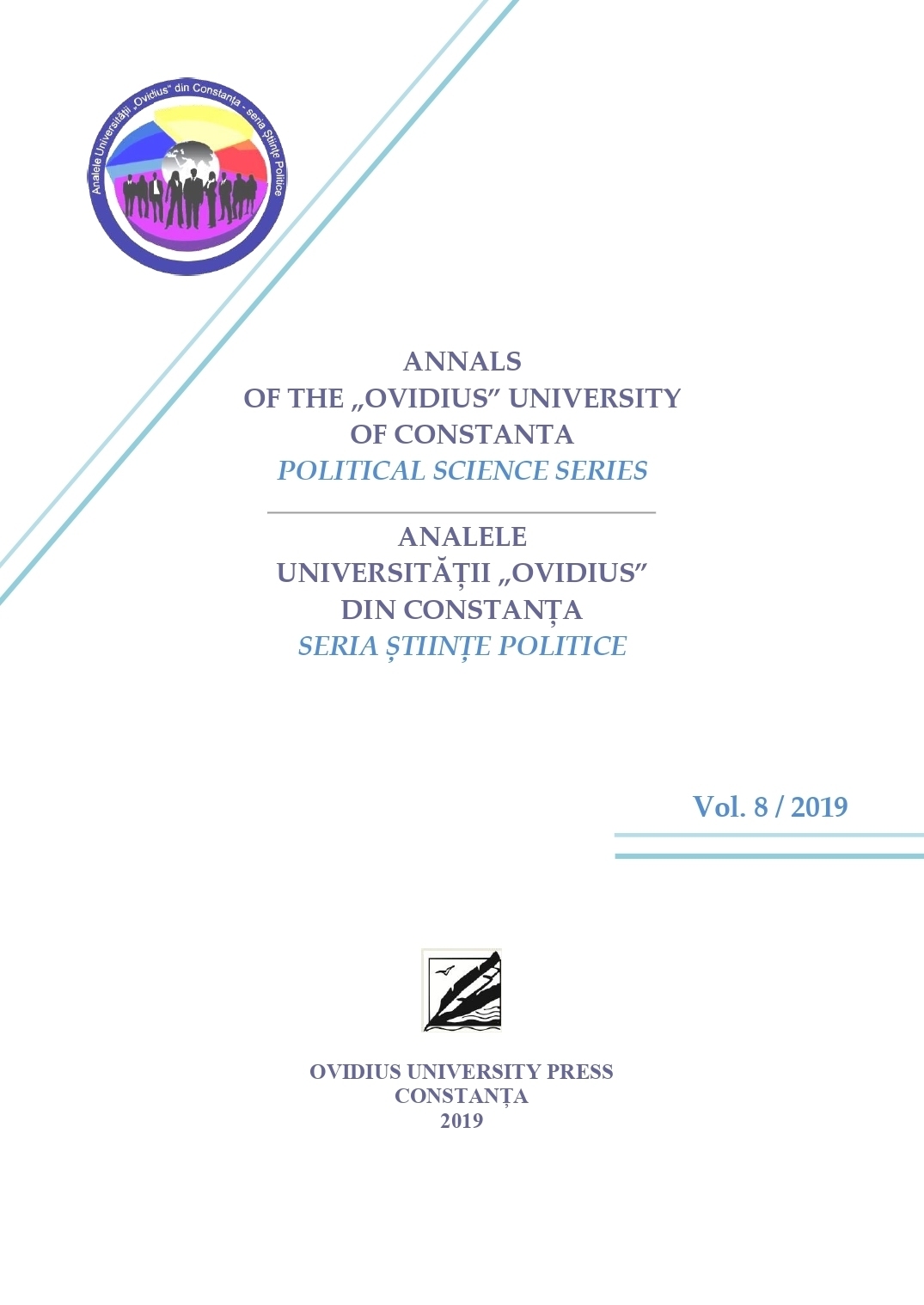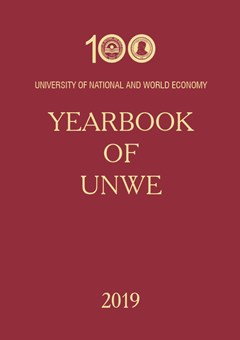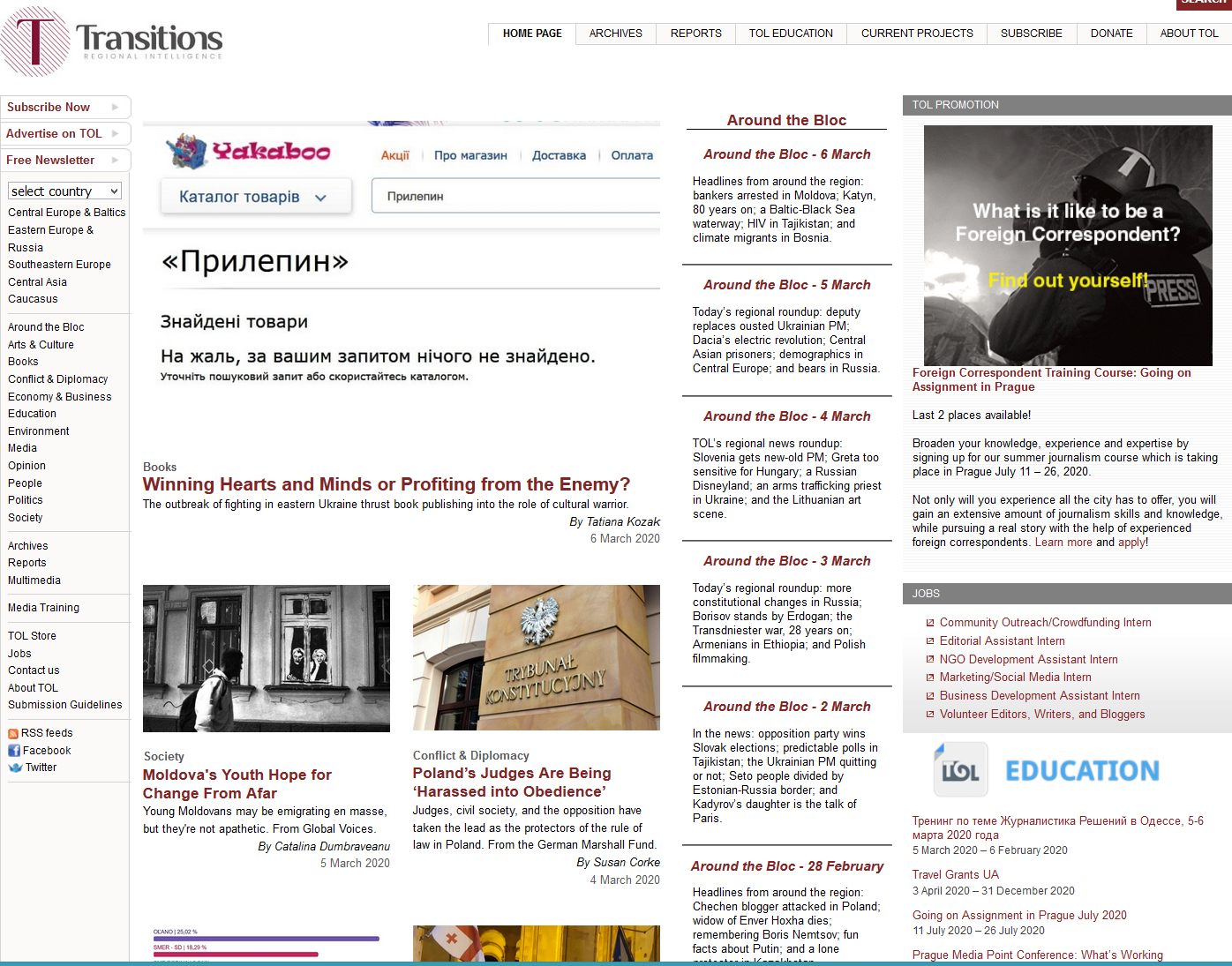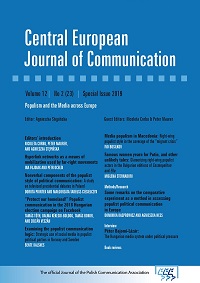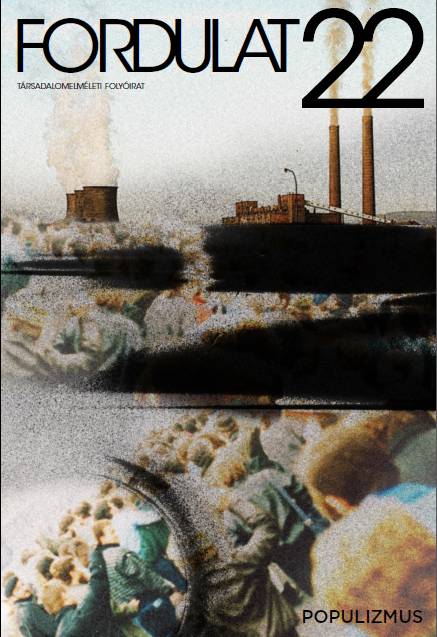
A konszenzusok felszámolása – Jobboldali populizmus és a „gender-ideológia” fenyegetése
Since 2012, several European countries have seen the rise of conservative and, in part, fundamentalist social movements fuelled by the animosity against the perceived threat of „gender ideology” or „gender theory”. Being opposed to women’s rights, LGBTQ issues, certain administrative policy instruments (such as gender mainstreaming) as well as the public financing of gender studies departments, the advocates of these platforms tend to regard all political and non-governmental actors, administrative staff and scientific researchers who focus on these issues as a single homogeneous group and an organised lobby. This is partly manifested in grassroots or religiously-affiliated movements and partly in the agenda of right-wing and populist parties. More and more researchers are convinced by the transnational character of the movements as well as the broad impact of discourses and practices reaching across national borders and issues that we are not dealing with isolated cases, but a coherent phenomenon. Contrary to the three most frequent interpretative frameworks, i. e. the national/local political context, the discourse/mobilisation of the Roman Catholic Church, and the conservative backlash, I discuss these movements in the context of the rise of right-wing populism and on the basis of theoretical explanations seeking to grasp the demand side. On the one hand, I argue that the study of this phenomenon provides important clues for understanding the reasons behind the gain of populist forces in Europe and beyond. On the other hand, I propose that „gender” is not the final target for these movements which should primarily not be understood as mobilizations against equality. Rather, the emergence of these movements is a symptom of a larger crisis, and their ideologies are the surface, where „gender” is a symbolic glue. These mobilizations are rather the throes of a contest for redefining liberal democracy where, in the interpretation of its adversaries, „gender ideology” embodies numerous deficits of the established global power order and the so-called progressive actors, and they react to these by re-politicizing certain issues. Therefore, the interpretations limited to a ‘fight between values’ are rather an obstacle to understand the phenomenon, by repudiating or obscuring this important structural realignment. Based on Chantal Mouffe’s concept of ‘consensus’ and her critique of the established hegemony of consensus in liberal democracy, I discuss the contribution of three phenomena that are characteristic of the so-called progressive actors (including the feminis and LGBTQ actors), namely the neoliberal consensus, the human rights consensus and the consensus about liberal progress, to the rise of the movements against ‘gender ideology’.
More...
